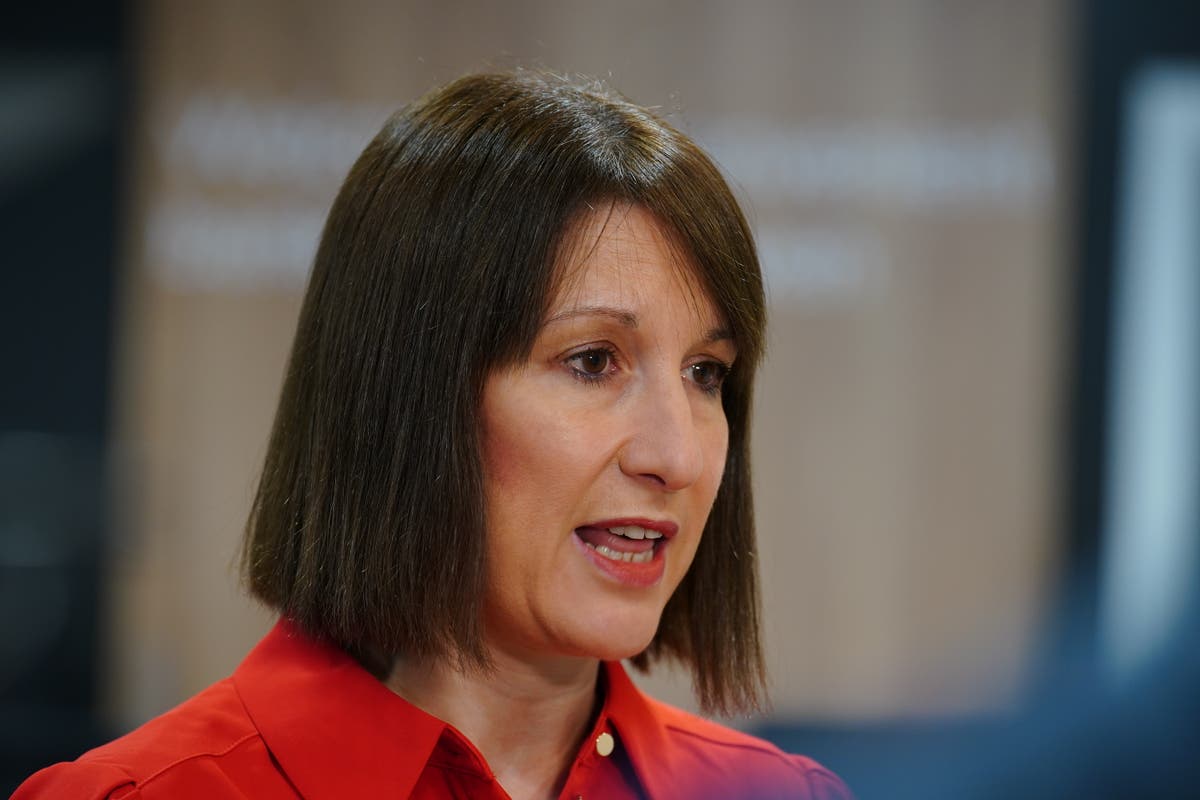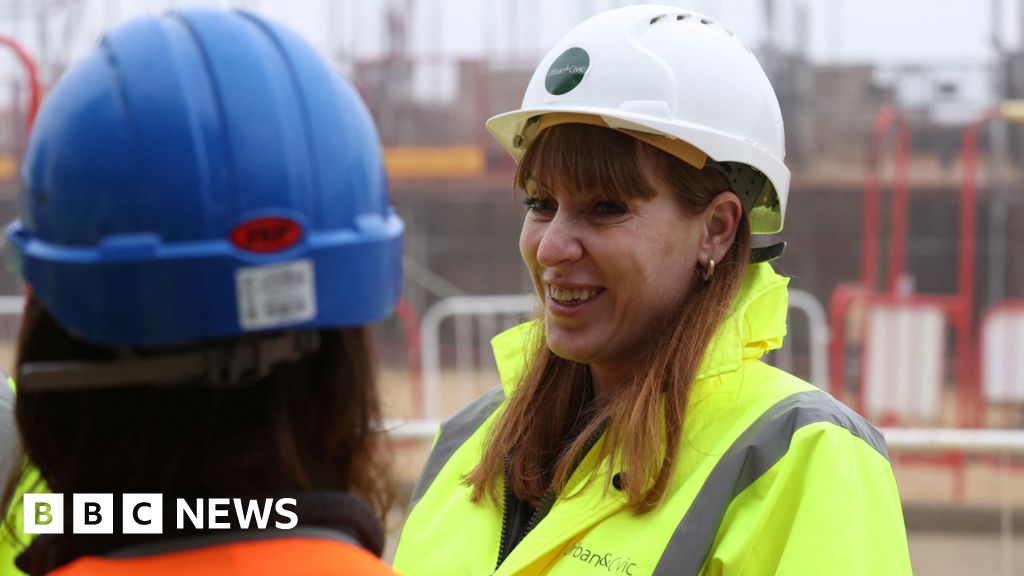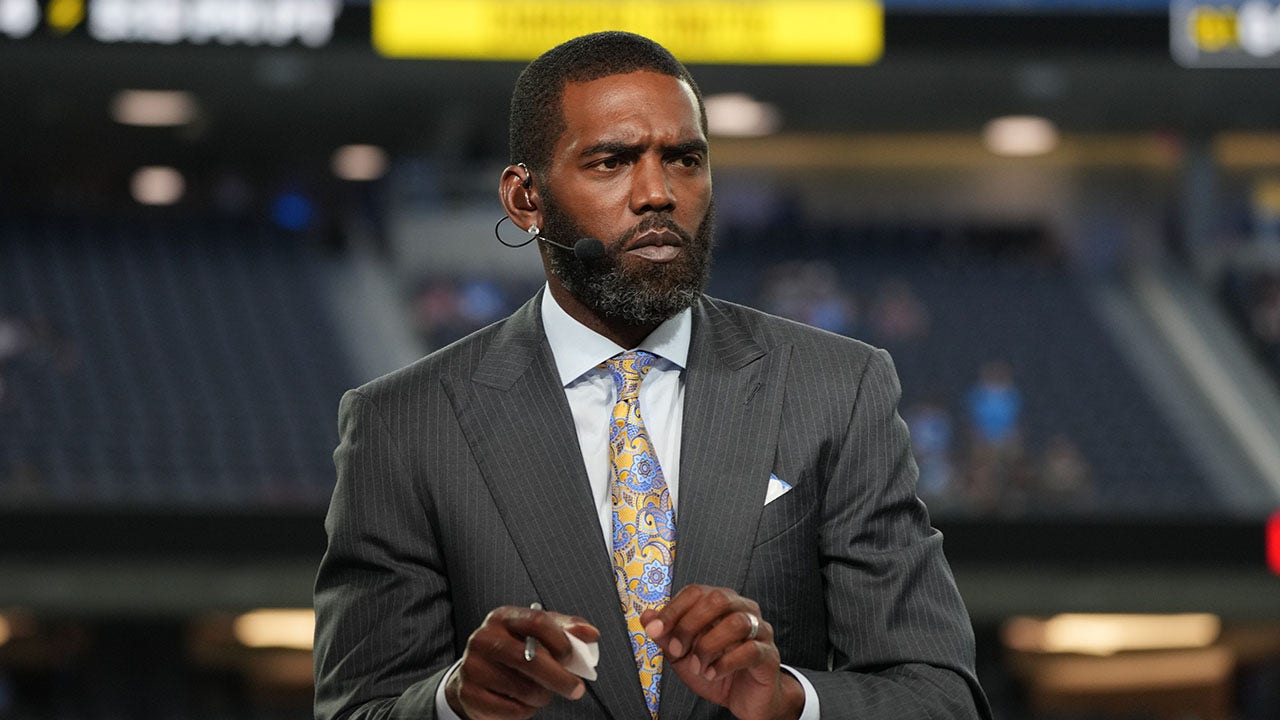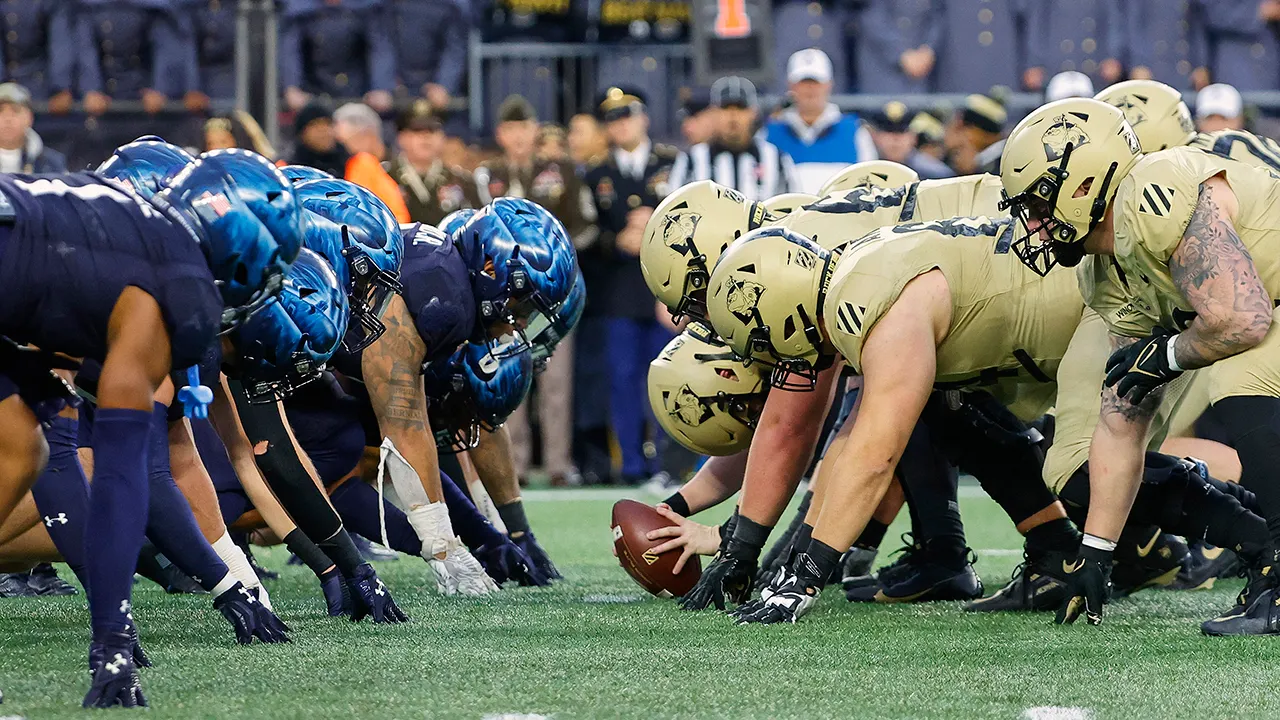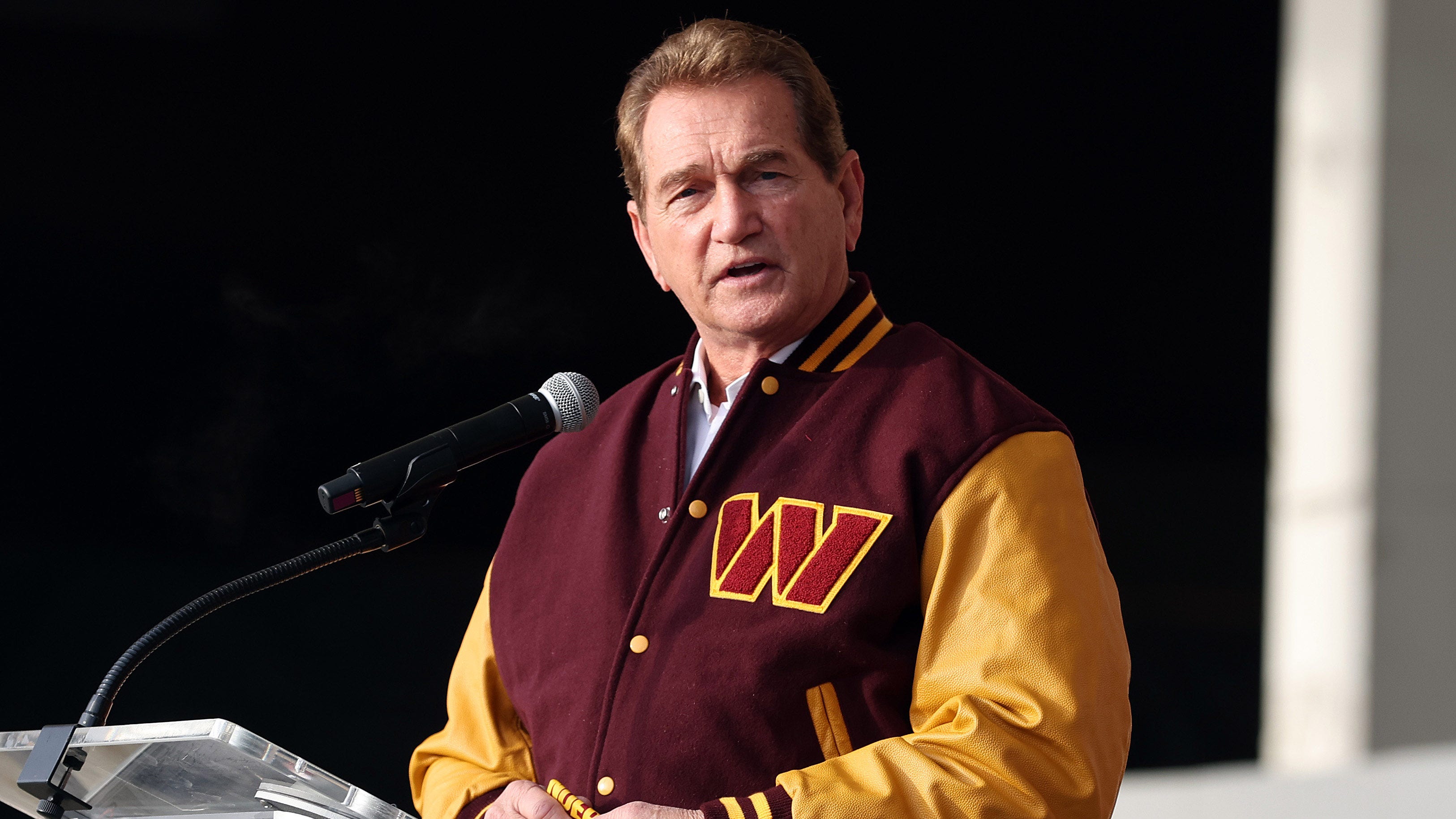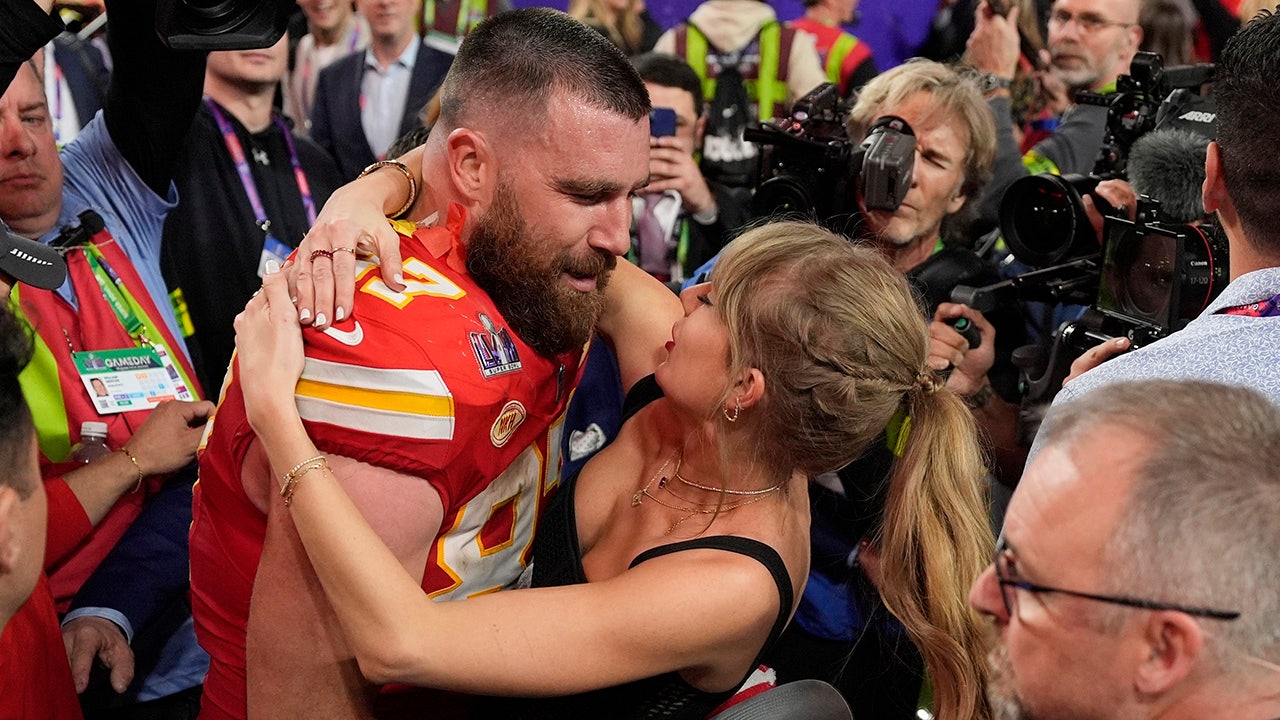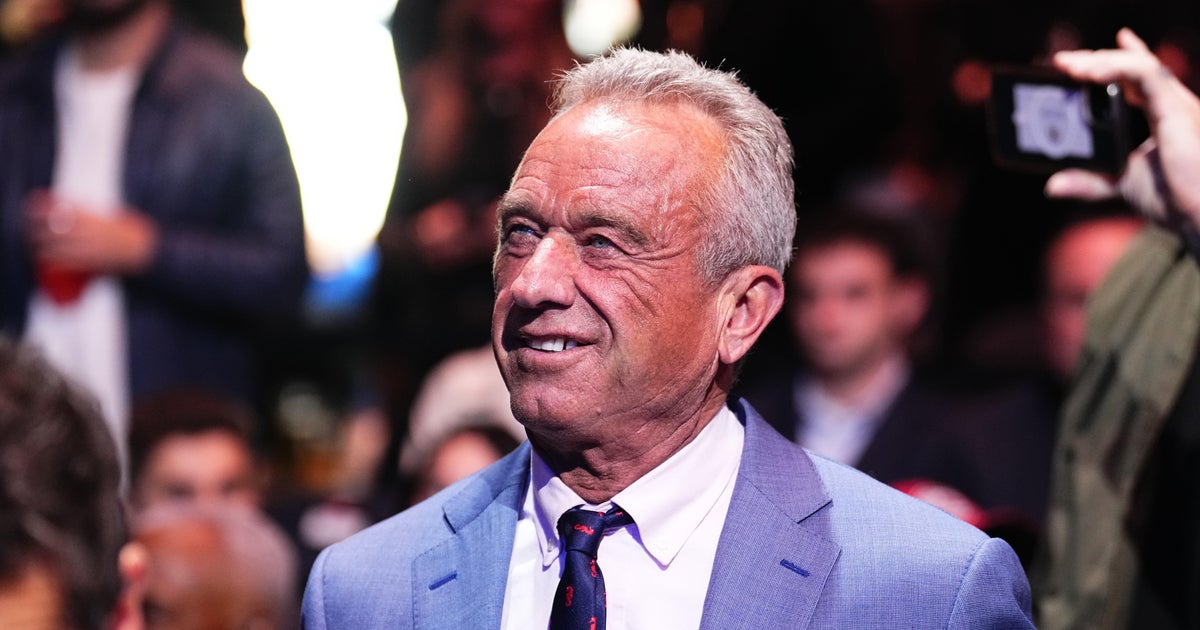I’m in Dubai at the United Nations climate summit, known as COP28, and the mood is decidedly mixed. Delegates are arriving with high hopes of making progress in the global fight against climate change, but it’s impossible to ignore the fact that the summit is being held inside gleaming new facilities built with oil money.
World leaders will begin speaking tomorrow, and over the next two weeks negotiators from almost every country on the planet will work on redoubling their efforts to combat climate change.
And while hopes are high that countries might find ways to rapidly reduce greenhouse gases and limit the use of coal, oil and gas, the reality is that fossil fuel emissions are still growing. Meanwhile, the destructive effects of climate change are getting worse, with floods, fires, droughts and storms ravaging every corner of the globe.
Frustrations with the U.N. process, and the plodding pace of progress, are running high.
“We’ve had COPs for how many years now?” said Avinash Persaud, a climate adviser for Barbados. “If people had been compelled to act at COP1 or COP2 or COP15, we would have had a different world.”
‘They went too far’
Many are outraged that the United Arab Emirates, one of the world’s biggest oil producers, is hosting this year’s negotiations. The COP28 president, Sultan al-Jaber, is also the head of Adnoc, the state-owned oil company.
An internal document obtained by the Centre for Climate Reporting and the BBC showed that U.A.E.’s COP team was told to promote oil and gas deals on the sidelines.
“There is skepticism of this COP — where it is and who is running it,” said Ani Dasgupta, the president of the World Resources Institute, a research organization.
“They went too far in naming the C.E.O. of one of the largest — and by many measures one of the dirtiest — oil companies on the planet as the president of the U.N. Conference on Climate this year,” former vice president Al Gore told me.
Al Jaber, who is also head of the country’s renewable energy company, dismissed the BBC report as “false, not true, incorrect and not accurate.” He said he is committed to striking an ambitious climate pact by the end of the negotiations, but has also made it clear the U.A.E. will keep producing fossil fuels “as long as the market demands it.”
‘It’s up to us’
Despite the sense of disillusionment hanging over the process, COP28 is expected to draw some 70,000 attendees, and negotiators from around the globe will try to hash out agreements on limiting emissions, increasing renewables and helping developing countries cope with disasters.
Recent developments offer a flicker of hope. Two weeks ago, the U.S. and China, the world’s two biggest polluters, agreed to accelerate efforts to ramp up renewables to displace fossil fuels, although they didn’t provide a timeline or other details. And rich countries may have finally met a pledge to provide $100 billion per year to help developing countries adapt to climate change, albeit four years late, the Organization for Economic Cooperation and Development said this month.
“I haven’t lost faith in multilateralism,” John Kerry, President Biden’s special envoy for climate change, told my colleague Lisa Friedman.
Kerry said it was unreasonable to think that an issue like climate change could be tackled at COP alone. “I don’t think the U.N. or any institution by itself anywhere in the world has the ability to solve the climate crisis,” he said.
Rather, he said, COP could help point the global community in the right direction, but individual countries had to do the hard work of bending the curve on emissions and ramping up renewable energy as fast as possible.
“It’s up to us to produce a result,” Kerry said.
John Miller, an analyst who covers environmental policy for TD Cowen, the investment bank, said the COP process was still “probably the best format to discuss these types of global issues.”
“There is progress at these events, but it’s at a pace that’s likely to disappoint,” he added. “That’s not to say that the whole thing is a farce.”
What to expect at COP28
You will see a lot of climate news in the next two weeks. My colleague Lisa Friedman has the full breakdown. Here are a few issues to watch:
The global stocktake: This year’s summit will discuss the first formal assessment of whether nations are on track to meet the goal the set in Paris in 2015: to limit the rise in average global temperatures to 1.5 degrees Celsius (2.7 degrees Fahrenheit) above preindustrial levels. This matters because the review could lay the groundwork for ambitious actions countries must take going forward.
‘Loss and damage’: Negotiators are expected to finalize a fund that they agreed to create last year to compensate the world’s most vulnerable countries for irreversible losses caused by climate change. Major questions remain about who will pay into the fund, and who will have access to the money.
A deal on fossil fuels: Many countries are pressing for an agreement to replace oil, gas and goal with renewable energy. This could mean including language in an agreement at the end of COP to phase out fossil fuels, though such a deal is by no means guaranteed. Countries could also sign onto a deal to triple renewable energy capacity by 2030, following the lead of the agreement China and the U.S. signed to weeks ago.
Climate finance: Watch for new investments and deals in clean energy and agriculture that could help developing nations lower emissions and adapt to a warming world. Experts say that large amounts of capital are needed in the poorest countries, which are considered too risky by many investors.
— Manuela Andreoni
More on COP28
-
Researchers expect climate disinformation from Russia and China, fossil fuel companies and online provocateurs to spike during the summit.
-
The United Arab Emirates faces an urgent dilemma: It is highly reliant on fossil fuel revenues, but climate change could make the country unlivable.
-
Vice President Kamala Harris will be at COP28 on Friday and Saturday.








